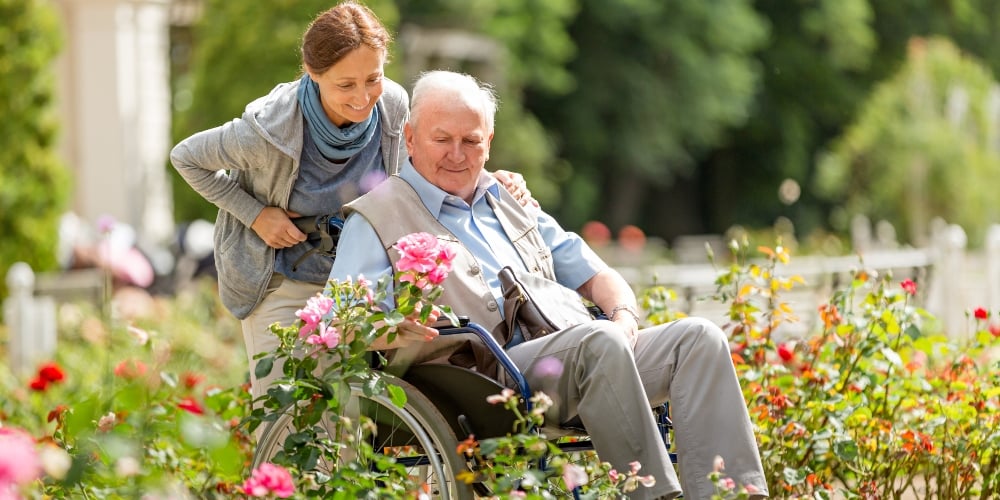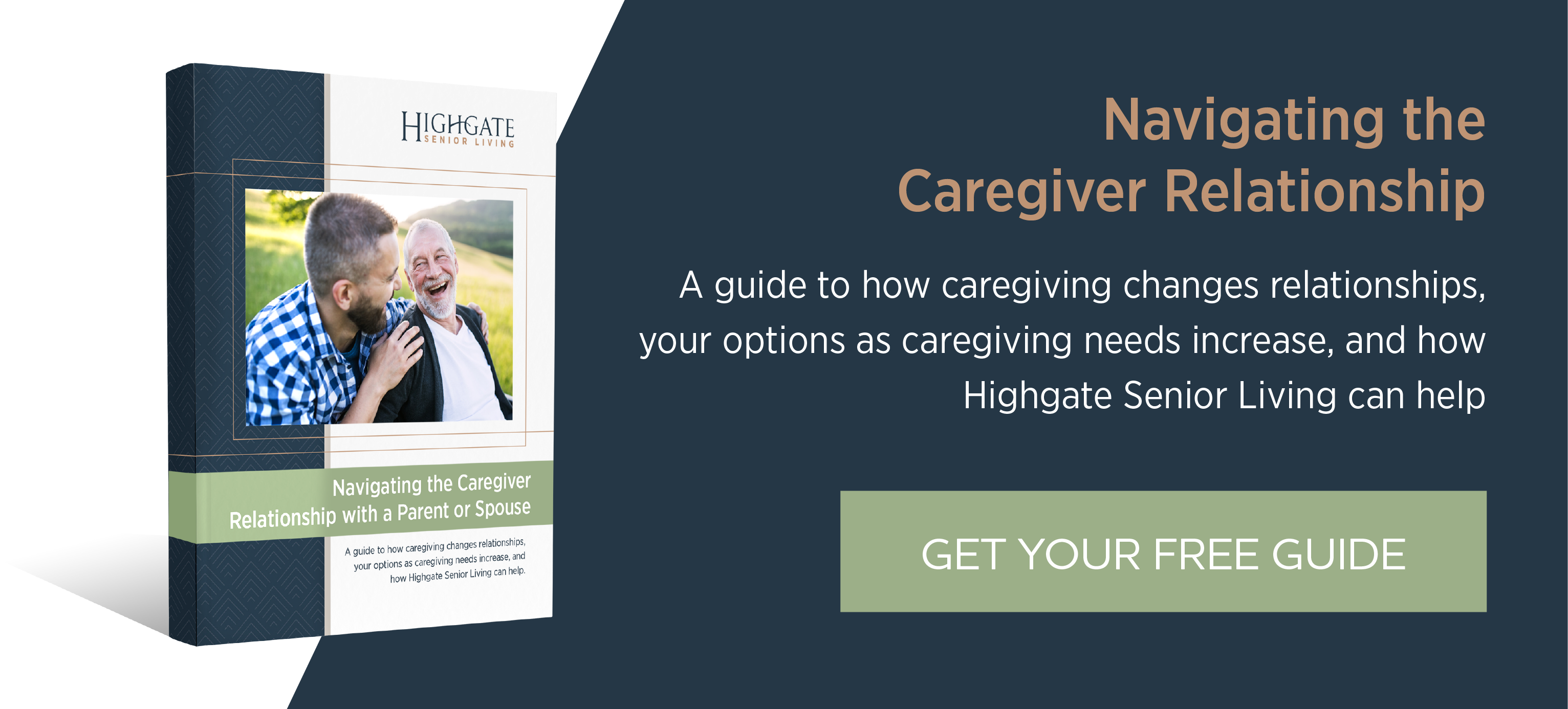
Caring for an aging spouse is an act of profound love and commitment, but it comes with its own set of challenges. Whether you're a current caregiver or preparing for the possibility of becoming one, understanding the dynamics of spousal caregiving can make a significant difference. Here are ten crucial facts about spousal caregiving and essential tips to navigate this rewarding yet demanding role.
10 Facts About Spouses Who Provide Care
Here are 10 facts that shed light on the experiences, sacrifices, and remarkable resilience of spousal caregivers, offering valuable insights into this rewarding yet challenging role.
1. Common Role
Spousal caregiving is widespread, with about 60% of family caregivers being spouses. This significant number underscores the vital role spouses play in caregiving.
2. Long-Term Commitment
Many caregivers find themselves in this role for about seven years on average, though some provide care for much longer, demonstrating their enduring commitment.
3. Gender Disparities
Women are more often the primary caregivers, partly due to their longer life expectancy, which often leads them to care for their spouses in later years.
4. Emotional Toll
Spousal caregivers frequently experience higher levels of stress, depression, and anxiety, reflecting the emotional challenges of the role.
5. Health Implications
The demands of caregiving can impact the caregiver’s own health, increasing the risk of high blood pressure, heart disease, and other health issues.
6. Financial Impact
Many caregivers face financial strain, often having to reduce work hours or retire early, leading to decreased income and added financial pressure.
7. Increased Responsibilities
Caregivers juggle multiple tasks, including managing medications, assisting with personal hygiene, preparing meals, and arranging medical appointments.
8. Isolation
Caregiving can lead to social isolation, as caregivers may find their social lives shrinking due to the demands of their role, impacting their mental health.
9. Support Networks
Caregivers often rely on family and friends for support, which is crucial for providing respite and emotional relief.
10. Unique Bond
Despite the challenges, many caregivers find that their role strengthens the bond with their spouse, creating a deeper sense of intimacy and shared purpose.
Essential Tips for Caregivers
Open Communication
Maintain open and honest conversations about your spouse’s preferences, medical decisions, and end-of-life wishes. This clarity helps in providing care that respects their desires and maintains their dignity.
Focus on Quality Time
Amid the demands of caregiving, cherish moments of joy and connection with your spouse. Engage in activities you both enjoy, reminisce about shared experiences, and celebrate milestones together.
Seek Professional Guidance
Consult healthcare professionals and social workers to understand your spouse’s condition and available resources. They can offer valuable insights and connect you with support services.
Create a Care Plan
Develop a detailed care plan covering daily routines, medication schedules, and healthcare appointments. This plan reduces stress and ensures clarity in caregiving tasks.
Don’t neglect your own health. Avoid caregiver burnout by taking breaks, ensuring adequate sleep, maintaining a healthy diet, and engaging in activities you enjoy. Seek respite care from family or friends when needed.
Modify your home to meet your spouse’s changing needs. Install handrails, non-slip flooring, and ramps to enhance safety and mobility.









